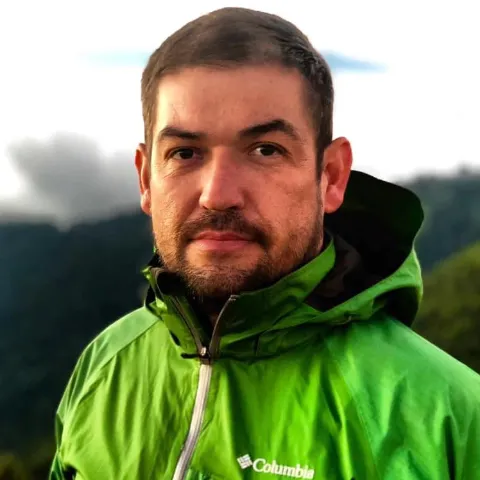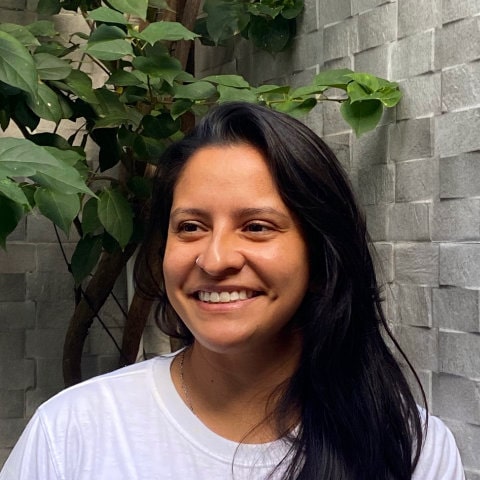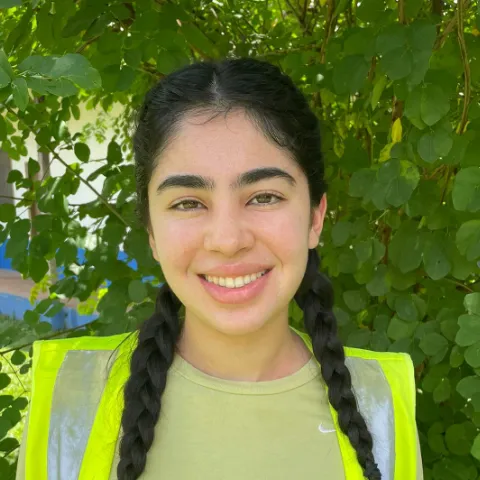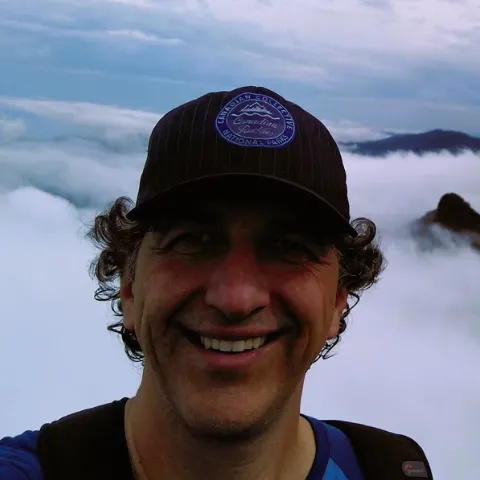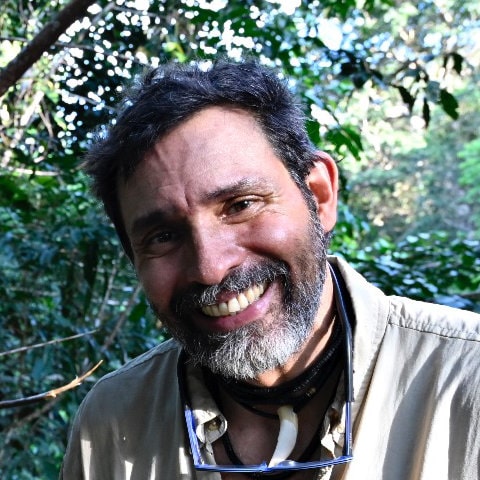
Welcome to the Reconecta Project!
This is a Wildlife Conservation Project in the heart of the Amazon rainforest!
The Amazon Biome is undergoing a rapid expansion of roads, and we must create intelligent, feasible, and scalable solutions to reduce the impacts of these developments on wildlife.
The arboreal fauna is especially affected by those roads for two main reasons:
When animals come down from trees and try to cross the roads, they become susceptible to being hit by vehicles,
Strictly arboreal species avoid coming down from trees, do not cross the roads, and suffer from the barrier effect (population isolation).
We want to RECONNECT the Amazon Forest by creating a solution to this problem! Thus, we are conducting unprecedented monitoring of wildlife killed on the roads and, until today, we have already implemented 30 canopy bridges on BR-174 Highway with the help of the Smithsonian Institution, the Waimiri-Atroari Indigenous People, UFAM, DNIT, and many other special partners and supporters from Brazil and all around the world!
With these bridges, we will understand which arboreal species are being benefited, which ones prefer specific bridge designs due to their locomotive types and whether the bridges can restore the forest connectivity lost by highway constructions while reducing roadkill mortality.
The Reconecta is a strong science-based conservation initiative with canopy bridges in Brazil! We are proud to do this using cutting-edge technologies and methodologies combined with traditional indigenous knowledge!
Let´s make it happen!
Fernanda Abra
The Amazon, the largest tropical forest on the planet, is home to at least 109 primate species (every year, the number increases with new discoveries), which represents 16% of global diversity. It is disturbing to know that approximately 40% of primate species in Brazil are facing extinction, with primary threats including the impacts of linear infrastructures such as roads.
For the Reconecta Project, we designed the Artificial Canopy Bridges to favor the movement of arboreal animals over the highway, aiming to Reconnect the Amazon Forest at the canopy level to increase structural and functional connectivity and reduce deaths from road mortality.
Many arboreal mammal species are already benefited from the Reconecta Project in our study area, and our main objective is for the Project to grow and be scaled to other areas of the Amazon and other forested biomes in Brazil.
Get to know some arboreal species in our study area!
Discover how Project Reconnect is turning environmental conservation into reality!

Wildlife Roadkill Monitoring
The roadkill monitoring carried out by the Reconecta Project is one of the first initiatives to record in a systematic way the wildlife road mortality in the Amazon biome...

Collection of Biological Samples
Since the Amazon is an immense biome and, in general, little studied, Reconecta, in addition to being an applied conservation project, can also be an exploration project, including the discovery...

Installation of Artificial Canopy Bridges
We built and installed 30 canopy bridges at 15 locations along BR-174 within the Waimiri-Atroari Indigenous Territory. In each location, there are two different models of bridges so that we...

Artificial Canopy Bridges Monitoring
For each set of bridges, we have two canopy cameras: one recording video of the animals crossing the bridges, and another facing the forest to record the number of animals approaching...

Engagement with the Indigenous community
The proposal of the Reconecta Project is to unite traditional indigenous knowledge with cutting-edge science to protect arboreal species in the Amazon through canopy bridges....

Communication with stakeholders
The Brazilian Federal Transportation Agency – DNIT that manages the highway in our study area is a partner in the Project since 2021. The results that we will obtain with Artificial Canopy bridges and other studies carried our from this Project will encourage...
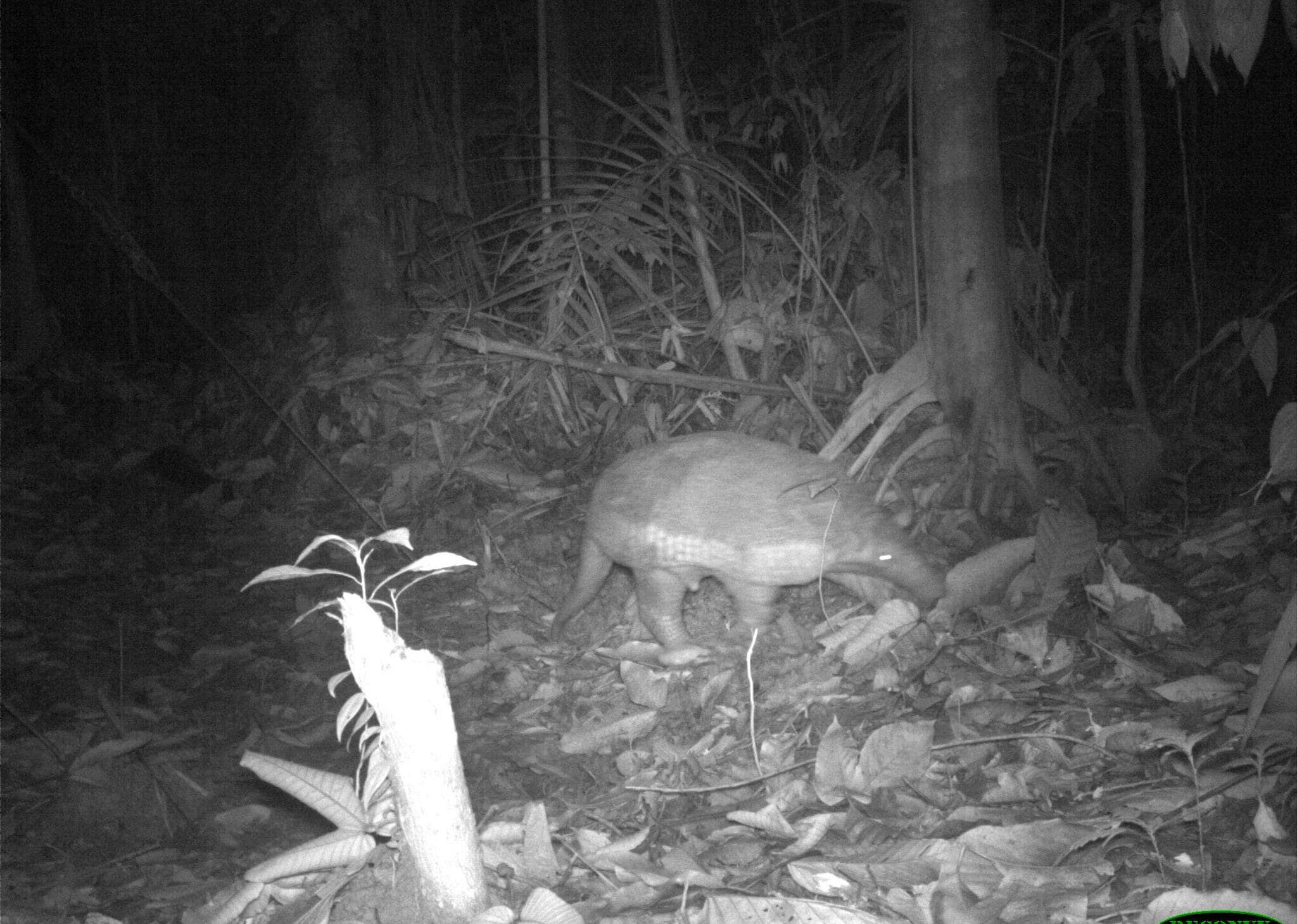
Future studies
We expect to understand the composition of the mammal community and its threat level in a portion of the Amazon Forest that is not yet fully comprehended, contributing to biodiversity...
Our team
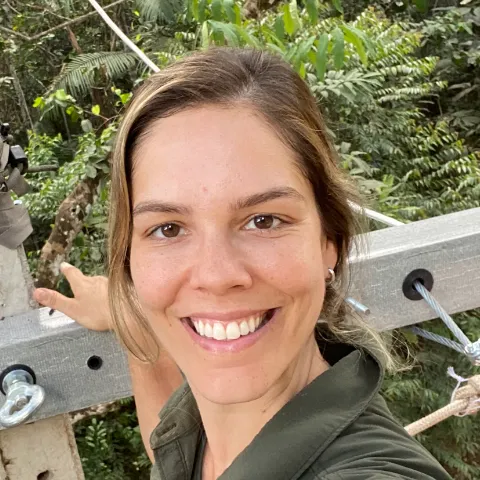

Dr. Fernanda Abra
Coordinator of Reconecta Project
Principal Investigator
- Posdoc fellow at Center for Conservation and Sustainability, Smithsonian’s National Zoo and Conservation Biology Institute


Dr. Tremaine Gregory
International Coordinator
Primatologist and canopy bridge specialist
- Senior Sustainable Infrastructure Scientist, Forests at World Wildlife Fund
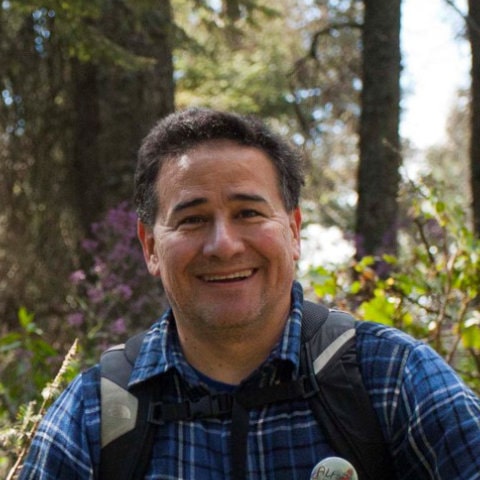

Dr. Alfonso Alonso
International Coordinator
Wildlife monitoring specialist
- Center for Conservation and Sustainability, Smithsonian’s National Zoo and Conservation Biology Institute
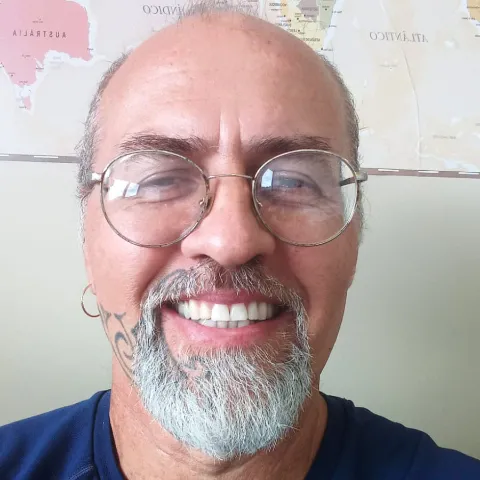

Dr. Marcelo Gordo
National Coordinator
Primatologist/Herpetologist and canopy bridge specialist
- Professor at Federal University of Amazonas (UFAM)
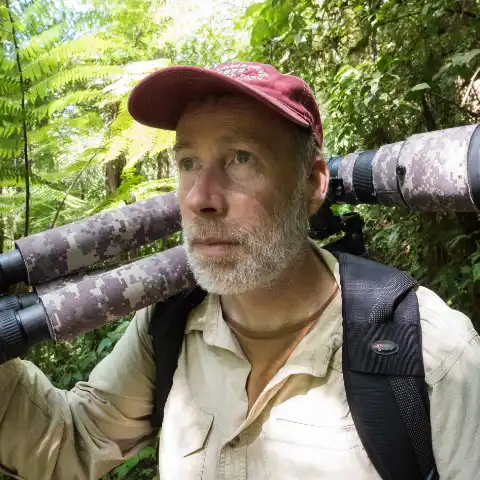

Dr. Marcel Huijser
Collaborator researcher
Road Ecologist and specialist on mitigations measures aiming at reducing impacts on biodiversity
- Researcher and Professor at Montana State University/Western Transportation Institute
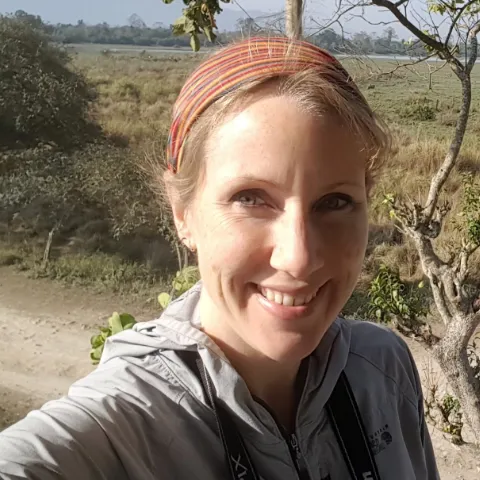

Dr. Jessica Deichmann
Collaborator researcher
Specialist on solutions for biodiversity conservation and data analysis for Audiomoths
- Researcher at Liz Claiborne & Art Ortenberg Foundation
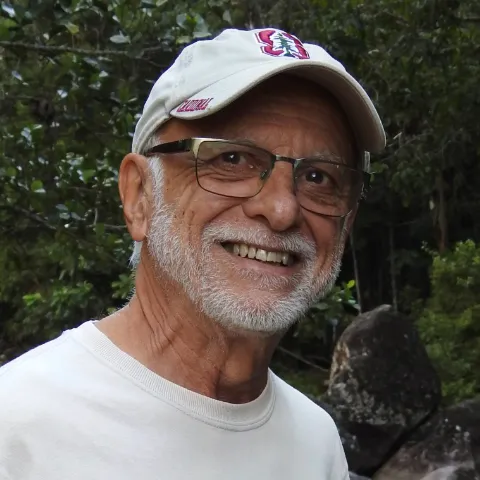

Dr. Pedro Galeti
Collaborator researcher
- Proessor at Federal University of São Carlos (UFSCAR) | Director-President of the BioCGen Research Institute
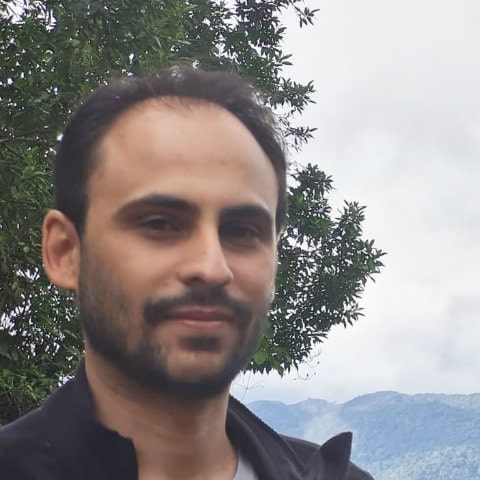

Dr. Bruno Saranholi
Collaborator researcher
- Pos doctoral researcher at Federal University of São Carlos (UFSCAR)
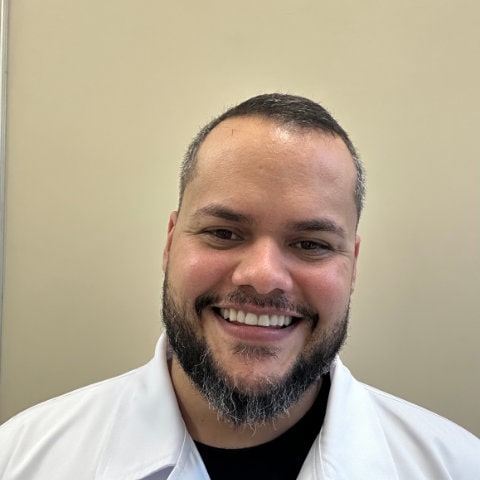

Dr. Herbert Soares
Collaborator researcher
Testing for different diseases in roadkilled mammals
- Professor and Researcher at University of São Paulo/University of Santo Amaro
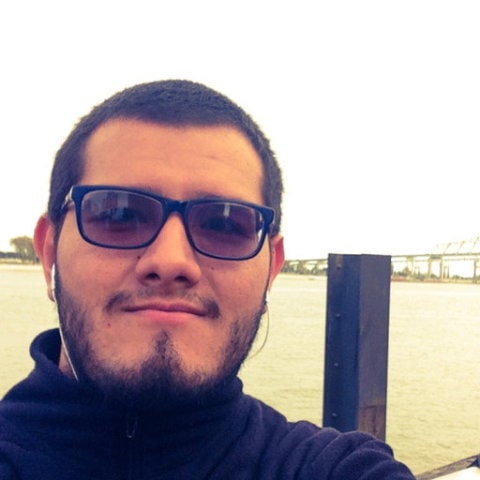

Dr. Pedrio Navas Suares
Collaborator researcher
- Researcher at Instituto Institute of Infectious Diseases Emílio Ribas/ University of São Paulo
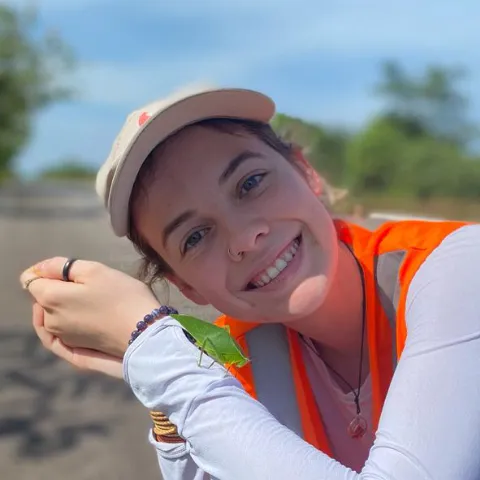

M.Sc. Juliana Martins
Associeted researcher
Assessment of the impact of the BR-174 nighttime traffic restriction on the mammal assemblage
- PhD candidate at Imperial College London
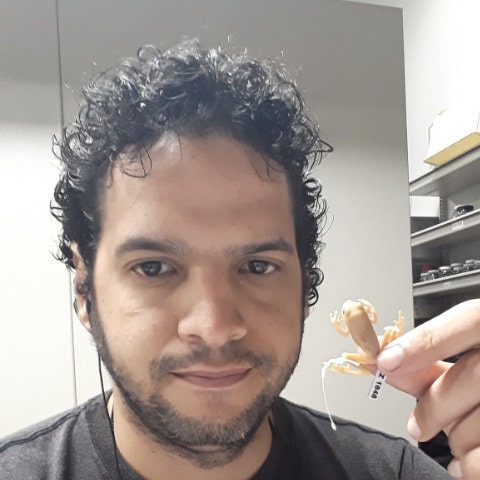

Dr. Alexandre Almeida
Collaborator researcher
- Federal University of Amazonas (UFAM)
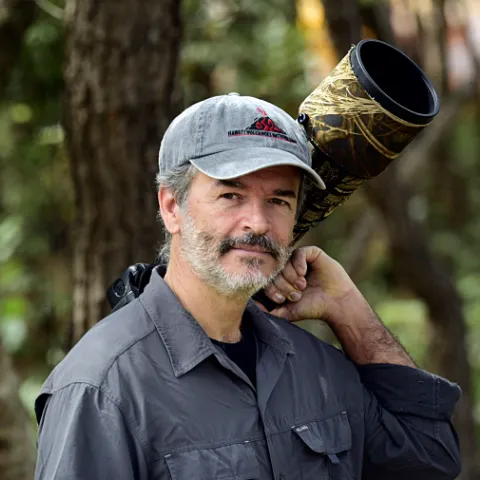

Adriano Gambarini
Photographic and cinematographic documentation of the Project
- Director of Gamba´s Production and Images and Jupara´s Artistic Productions
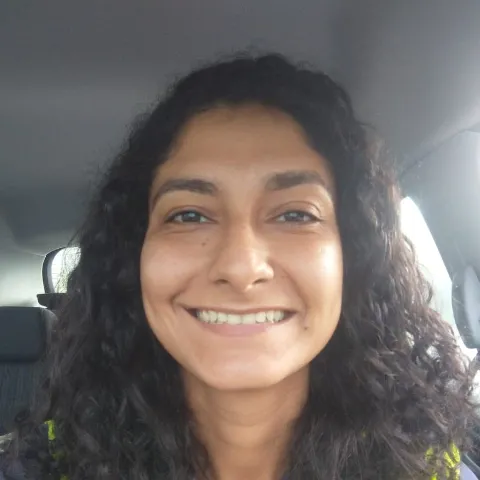

M.Sc. Aline Medeiros
Co-coordination of field activities (2021-2022)
- Construction supervisor - Program Waimiri Atroari
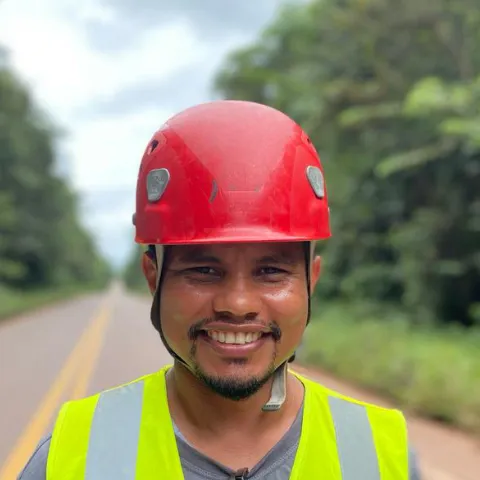

M.Sc. Edson Costa
Field assistant and professional climber
- Federal University of Amazonas (UFAM)
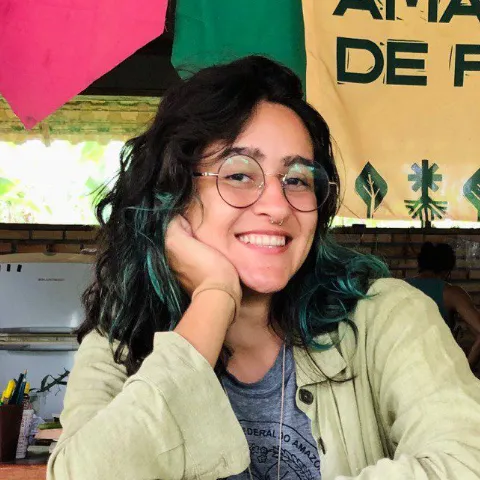

M.Sc. Phamela Barbosa
Co-coordination of field activities (2021-Current)
- Juruá Institute Institute of Ciências Periféricas
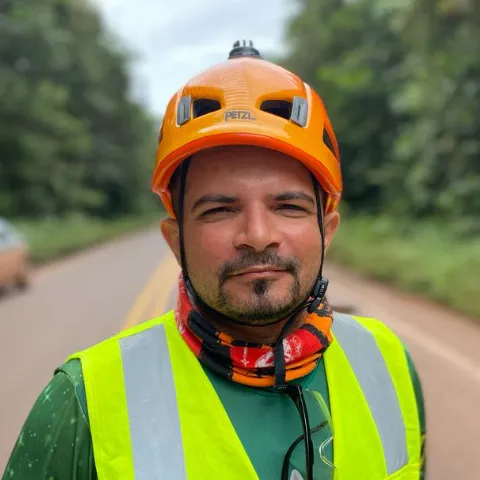

Mack de Araújo Oliveira
Professional climber
Canopy bridge building and installation
- Self-employed














